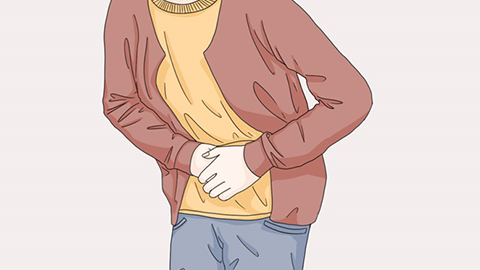Is it necessary to see a doctor when menstruation stops at age 46?
At age 46, if menstruation stops, and the menstrual cycle has gradually become irregular without other discomfort, this may be a normal sign of perimenopause, and there is no need for excessive medical intervention. However, if menstruation suddenly ceases or is accompanied by abnormal symptoms, it is advisable to see a doctor promptly. Immediate medical attention is recommended if persistent abdominal pain or abnormal bleeding occurs.

In perimenopausal women, ovarian function naturally declines. It is common for menstruation to become irregular and eventually stop around age 46. If in the previous 1–2 years menstrual cycles have been irregular with reduced flow, and there are no other discomforts, observation without immediate medical consultation may be appropriate.
However, if periods were previously regular and have suddenly stopped for three consecutive months or longer, or if symptoms such as severe hot flashes, night sweats, abdominal pain, abnormal vaginal bleeding, or sudden weight changes occur, these could indicate underlying conditions such as ovarian disorders or thyroid dysfunction. In such cases, medical evaluation including hormone testing and ultrasound is necessary to determine the cause.
Maintain a balanced diet, emphasizing foods rich in calcium and phytoestrogens; engage in moderate physical activities such as square dancing or walking; keep emotions stable and avoid excessive anxiety; practice good genital hygiene and maintain regular sleep patterns to help smoothly navigate this transitional phase.




